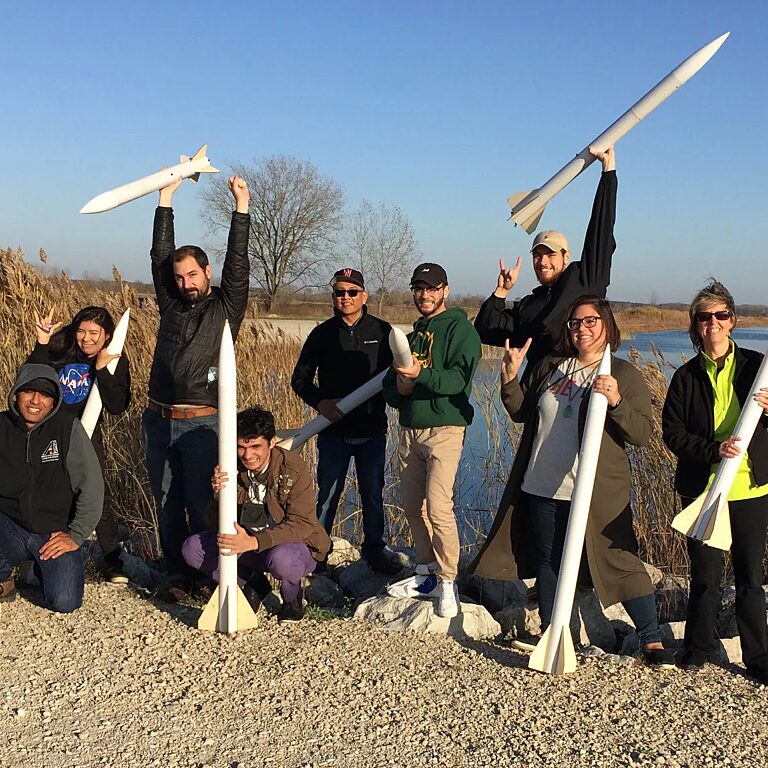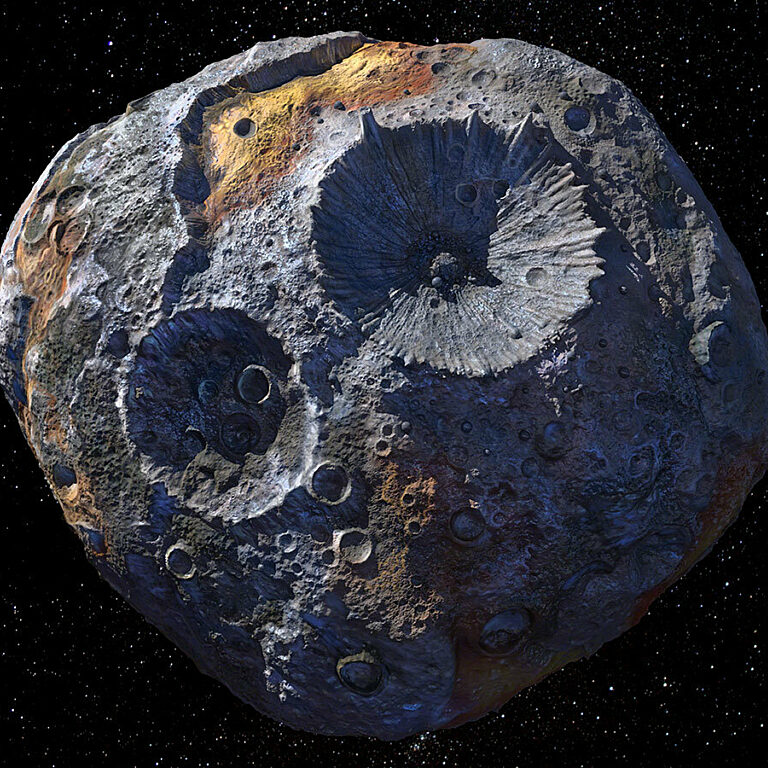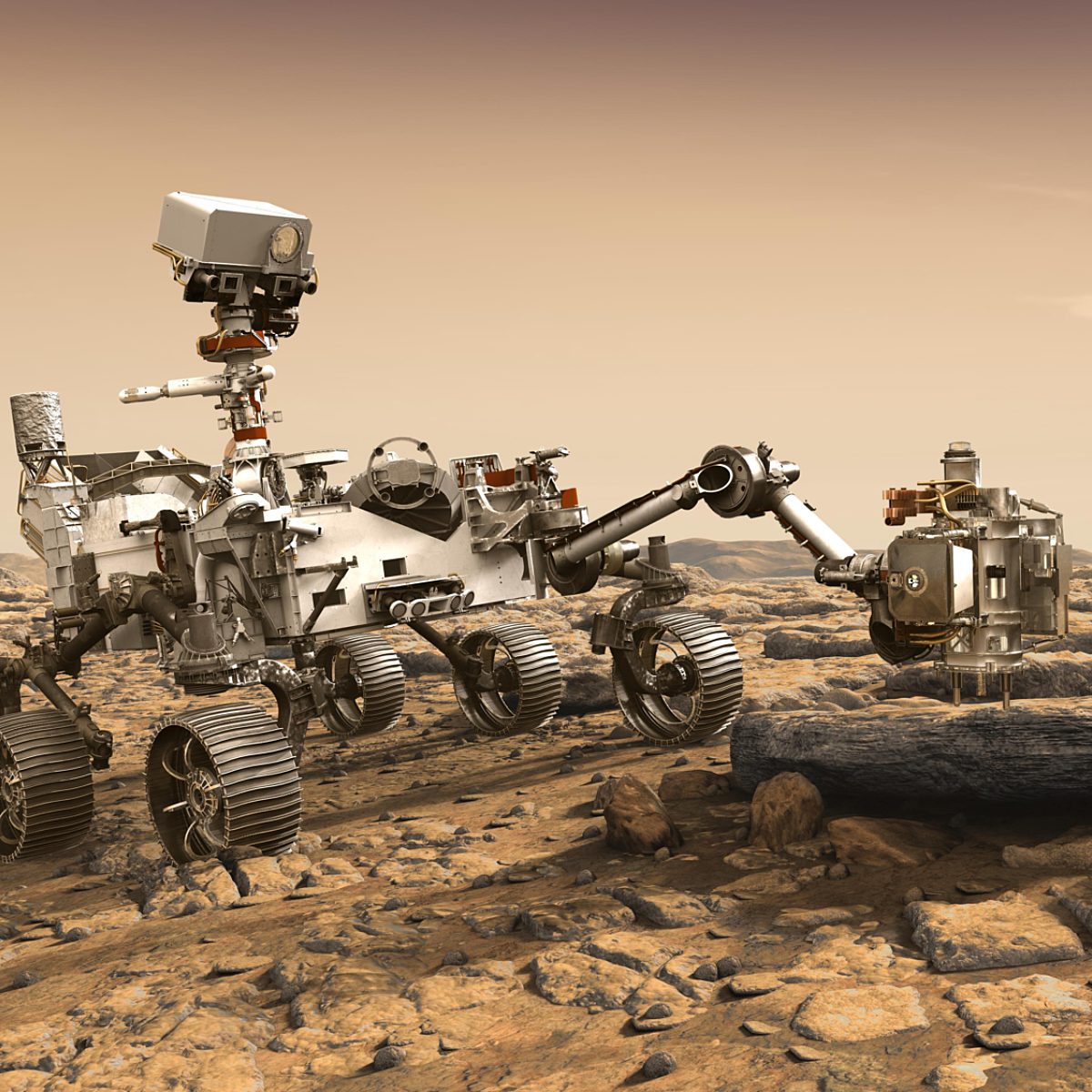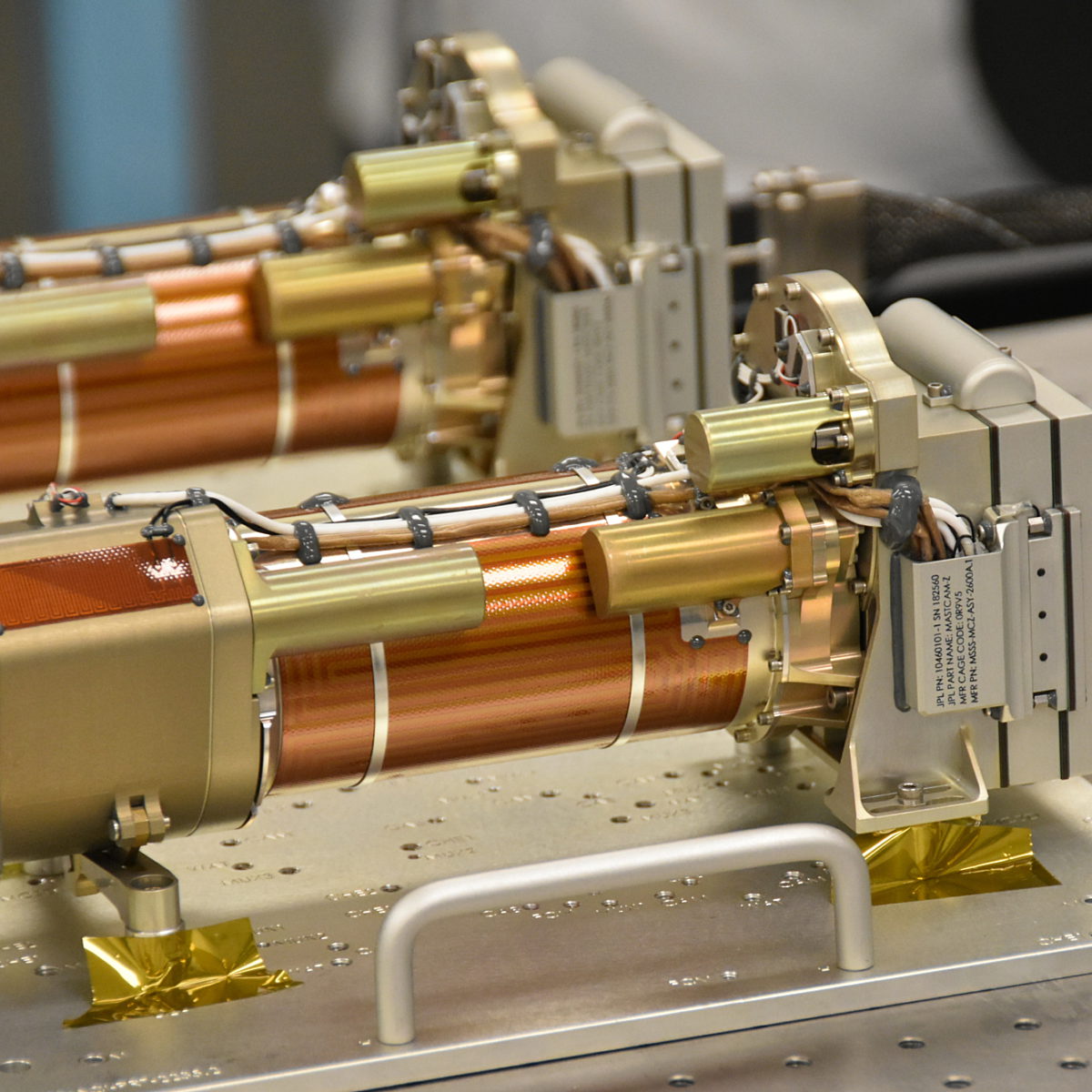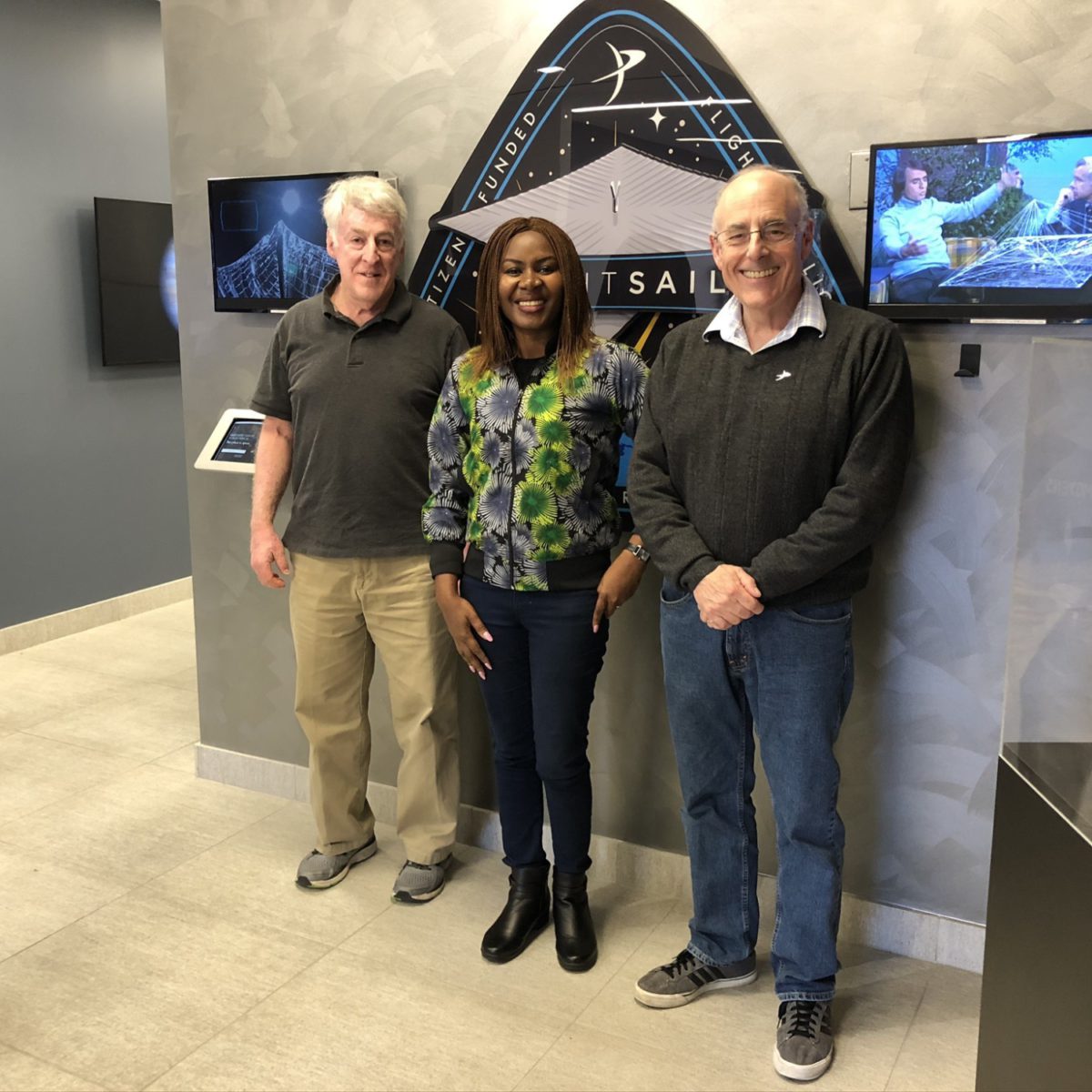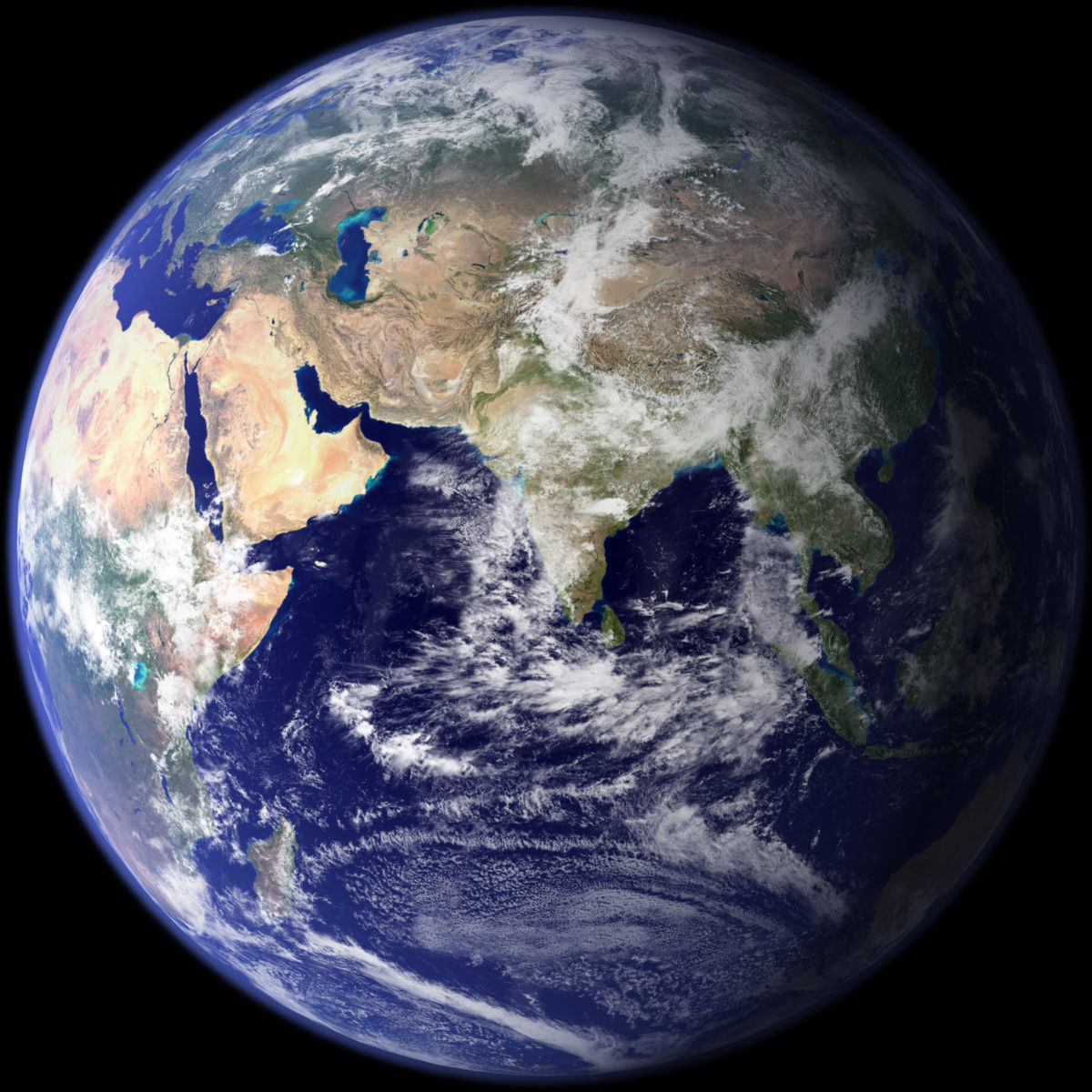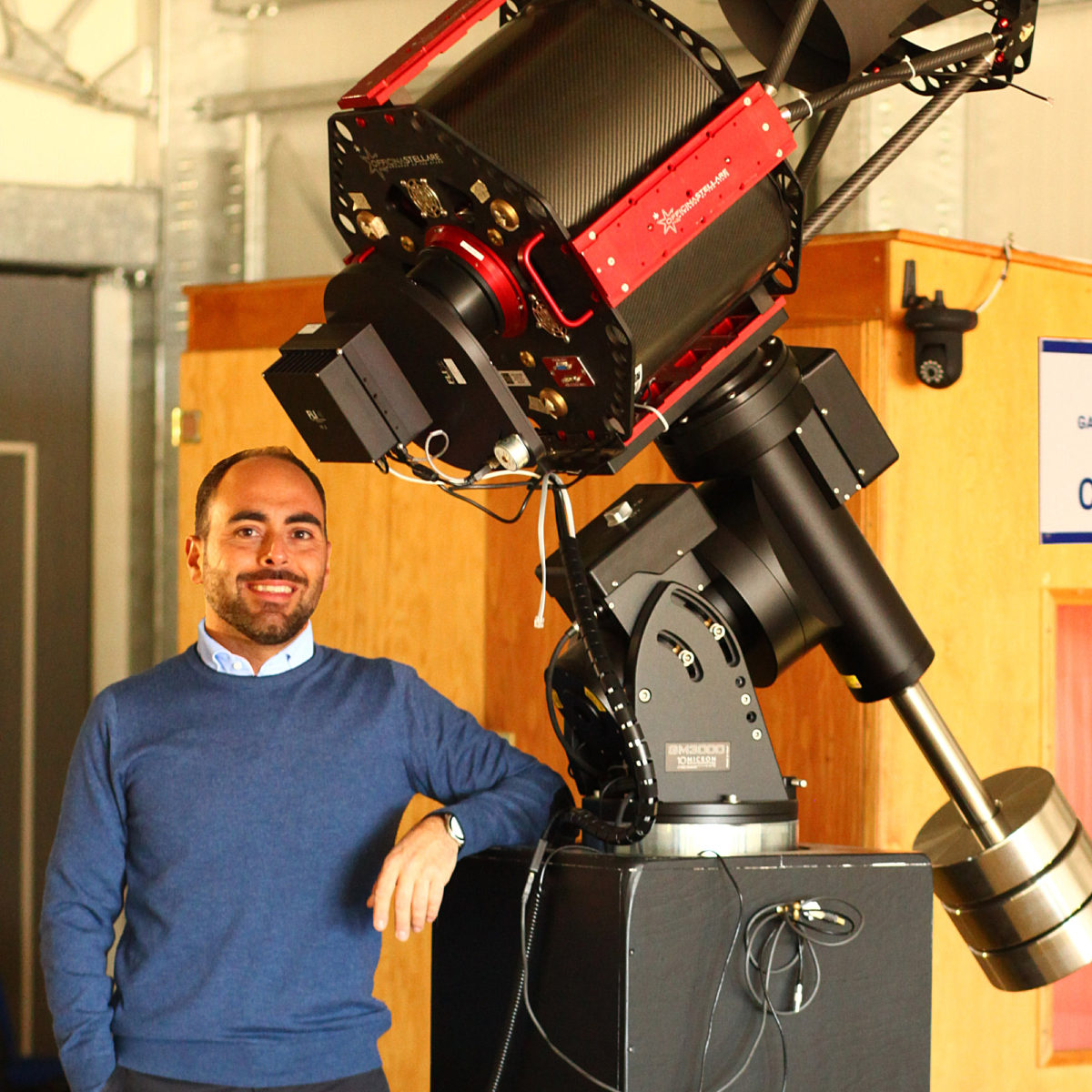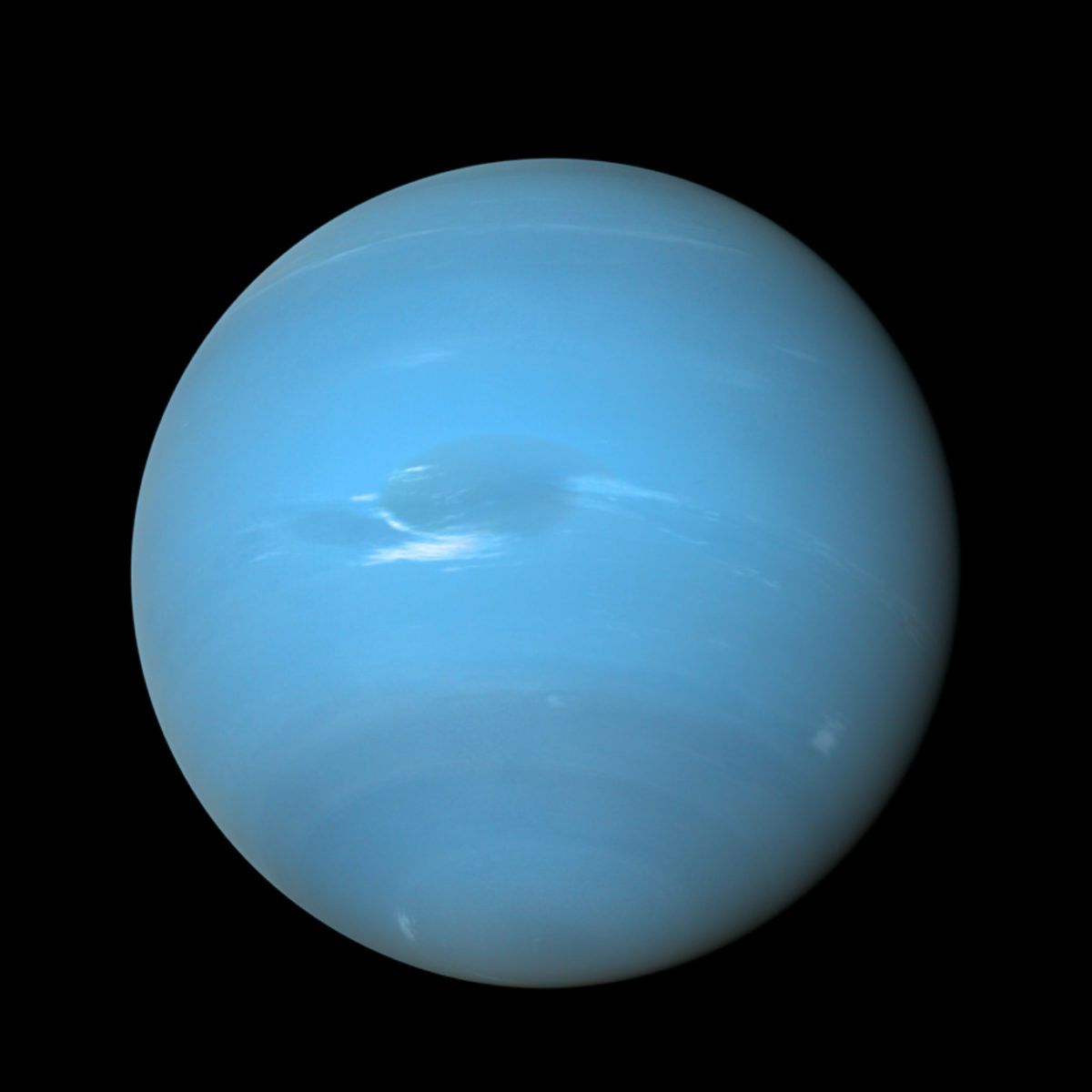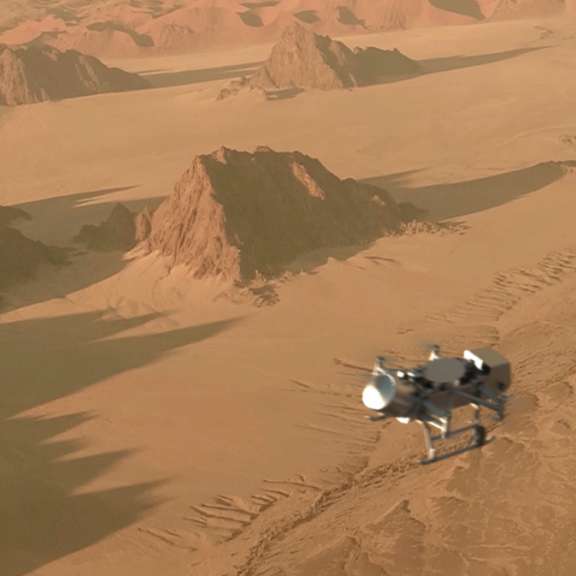Since 2002, Planetary Radio has visited with a scientist, engineer, project manager, advocate, or writer who provides a unique perspective on the quest for knowledge about our Solar System and beyond. The full show archive is available for free.
Search Planetary Radio
Steven Smith, an Education Specialist from NASA's Science, Technology, Engineering, and Mathematics (or STEM) Program, joins Planetary Radio to share some of the unique opportunities available for students in the lead-up to humanity's return to the Moon.
Simone Marchi, co-investigator for NASA’s Psyche mission, joins Planetary Radio to share the creative ways their mission team is working to understand cratering on metallic worlds.
The second round awardees in a Planetary Society grant program will explore extreme life in super-salty lakes, and study how future Martians will grow their own food.
Join the mission’s deputy project scientist as the Perseverance rover prepares to search for life on the Red Planet.
The leader of the Mastcam-Z team talks about how the best cameras ever on the surface of Mars will help us explore a region that could once have supported life.
The search for life on Mars is at a critical stage. What will come next if we find it?
Cosmos has returned under the steady hand of Ann Druyan. We’ll talk with her about the third season of the television series and her companion book.
The founder of Astronomers Without Borders brings the organization’s leader in Nigeria to the Planetary Radio microphones.
Physicist and author Paul Davies returns to talk about his new book that explores the defining role information plays in life on Earth and perhaps elsewhere.
We talk with two of our 2019 Shoemaker NEO Grant winners, who received funding to help find, track, and characterize potentially hazardous asteroids.
Chris Carberry traces the history and future of alcohol in space through his new book.
This US research center has been part of more than 200 space missions, but it’s not a NASA facility! The Los Alamos National Laboratory in New Mexico gave the Voyager spacecraft their power sources, is building nuclear generators for future Martians, and accidentally invented the field of High Energy Astrophysics.
NASA has given the go-ahead for Dragonfly, a flying rotorcraft that will explore Saturn’s mysterious moon Titan. Mission Principal Investigator Elizabeth “Zibi” Turtle helps us celebrate.
Jay Pasachoff visits Planetary Society headquarters for a conversation about the latest edition of his and Alex Filippenko’s monumental textbook The Cosmos.
When will we return to Uranus and Neptune? Planetary scientist Amy Simon explains why a mission to the so-called ice giants is a high priority as she tells us about these mysterious, blue worlds.
A very special, extended conversation with Johns Hopkins University planetary scientist Sarah Hörst is capped by a tour of her fascinating lab. That’s where Sarah and her team simulate decidedly un-Earthlike atmospheres and more. Emily Lakdawalla has returned from this year’s Lunar and Planetary Science Conference with news from around the solar system. Caffeine! It’s on Saturn’s moon Titan AND in the espresso made on the International Space Station! More about the latter in What’s Up.
The Mars Exploration Rover mission was declared complete on February 13, 2019. On the very next day, MER Project Manager John Callas and Deputy Project Scientist Abigail Fraeman came to Planetary Society headquarters for an extended and emotional conversation with Mat Kaplan and Emily Lakdawalla.
Astrobiology is the discipline that explores the origin of life in the universe, and whether life exists anywhere other than Earth. It’s an increasingly exciting field according to University of Washington Research Associate Michael Wong. Mike reviews the current thinking and provides some of the chemical basis for life as we know it, and possibly as we don’t know it.
magine soaring over what may be the solar system’s most Earth-like world, if you ignore the chill. If funded, the nuclear electric-powered Dragonfly will do exactly this. Principal Investigator Elizabeth “Zibi” Turtle shares her enthusiasm.
Join us at the Applied Physics Lab in Maryland for the New Horizons encounter with the most distant object ever visited. You’ll meet mission leaders, friends and even a rock and roll star as we dive deep into this triumph of exploration.


 Explore Worlds
Explore Worlds Find Life
Find Life Defend Earth
Defend Earth


